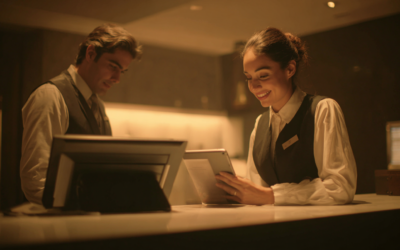Pure Room, a company specialising in “allergy friendly rooms” claims that 59% of travellers would choose a hotel that offers super clean rooms over a comparable hotel without them, and that most of them would be willing to pay a premium. Choosing a hotel because of allergy friendly rooms was slightly lower in the luxury market (58%) though more luxury hotel guests were prepared to pay a premium (67.7%). The size of the premium though amongst luxury guests tended to be more around 5% (55%) compared to economy guests 76% of whom said they would be prepared to pay 10% more.
The study was done by Cornell University.
Basically, Pure Room uses a “patent pending” process to clean rooms of bacteria, pollen, dust, dust mites, viruses, airborne contaminants and odors. Currently a few dozen hotel brands offer a limited number of pure rooms, including Marriott, Hilton, Crowne Plaza & Sheraton.
How much this concept will take on as a premium option is questionable but there does appear to be a pattern emerging relating to hygiene starting to become less of an assumption and more of a motivator. Some grocery stores are even now offering antibacterial towelettes so customers can wipe down the handles and seats of their carts.
It could be the awareness of health risks created by SARs, MRSA etc or it could be the increasing instance of allergies in the population, but something is making “hygiene factors” less and less related to hygiene itself.



